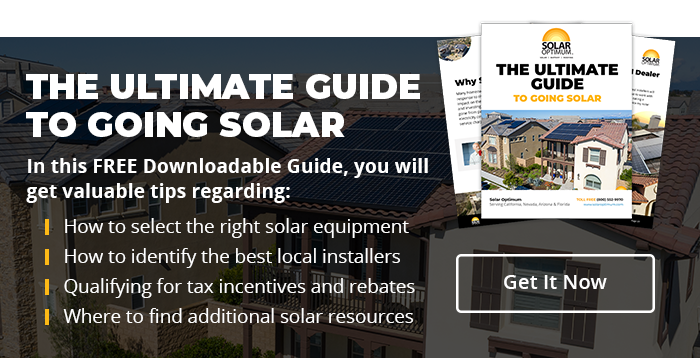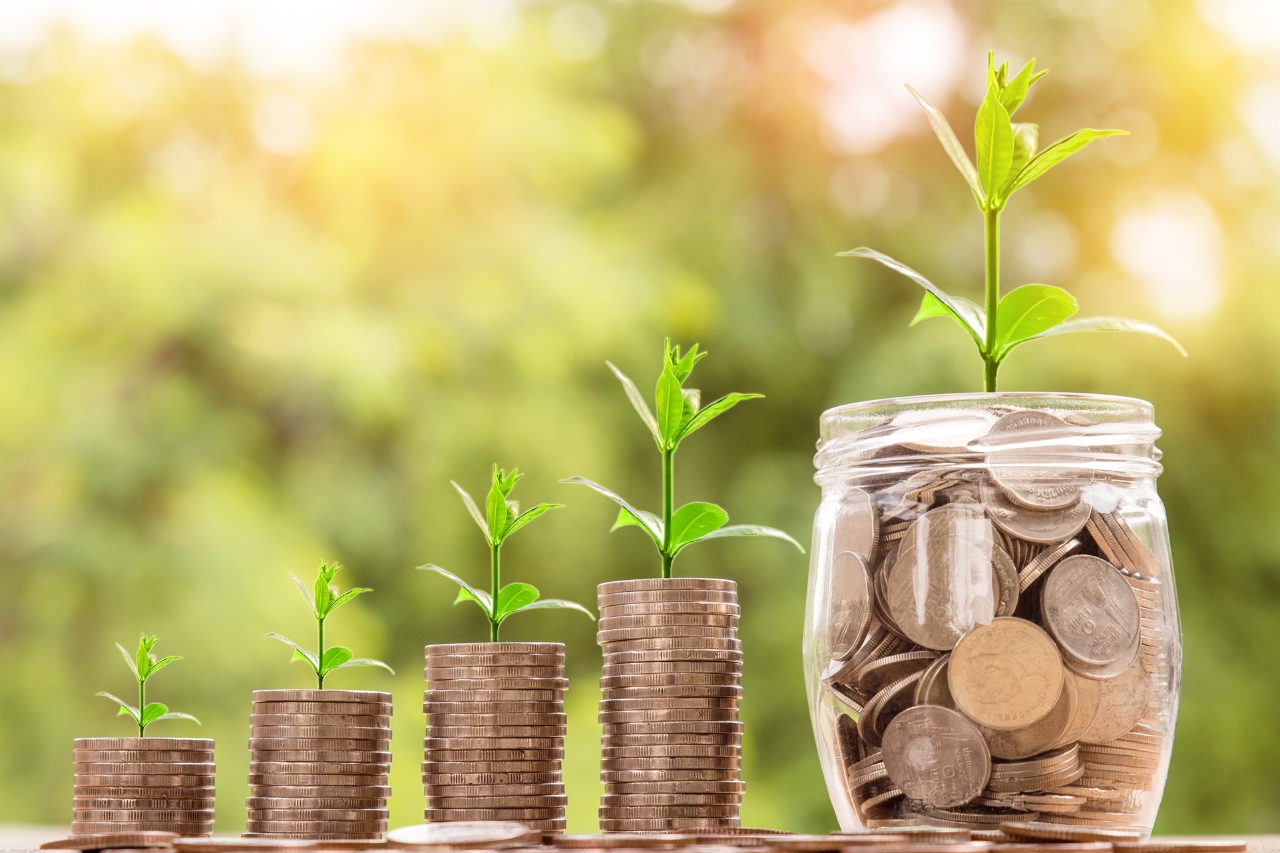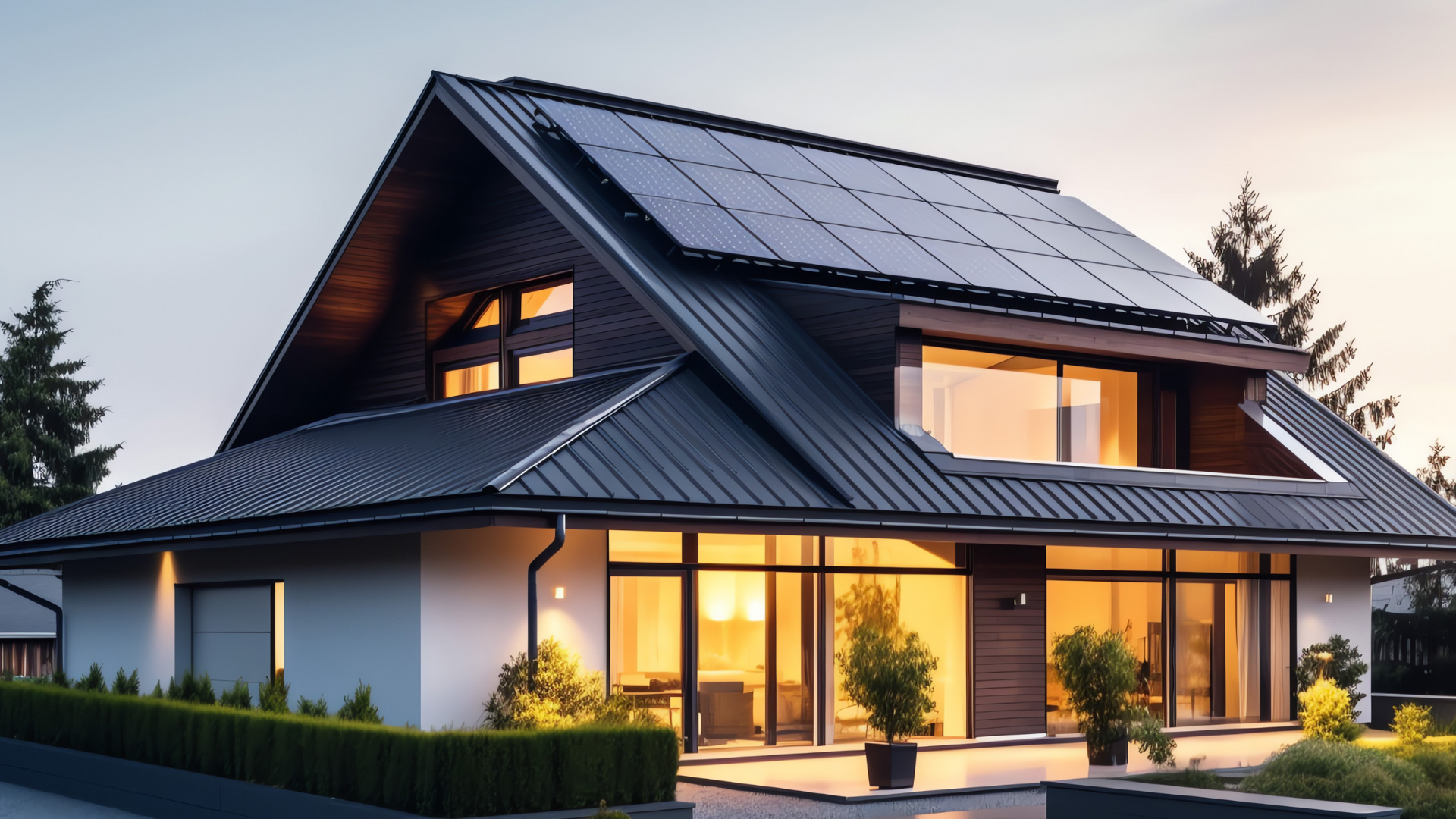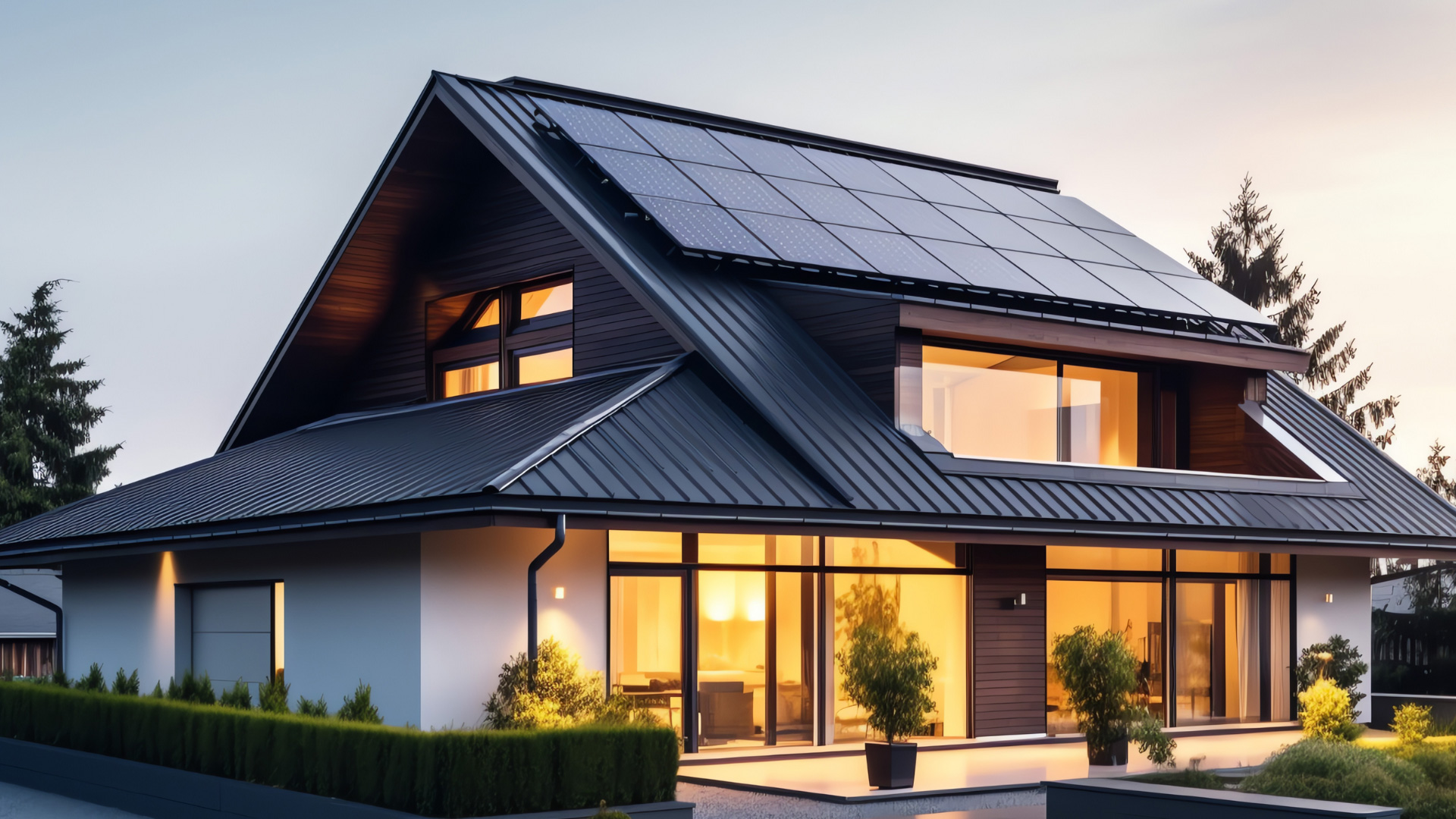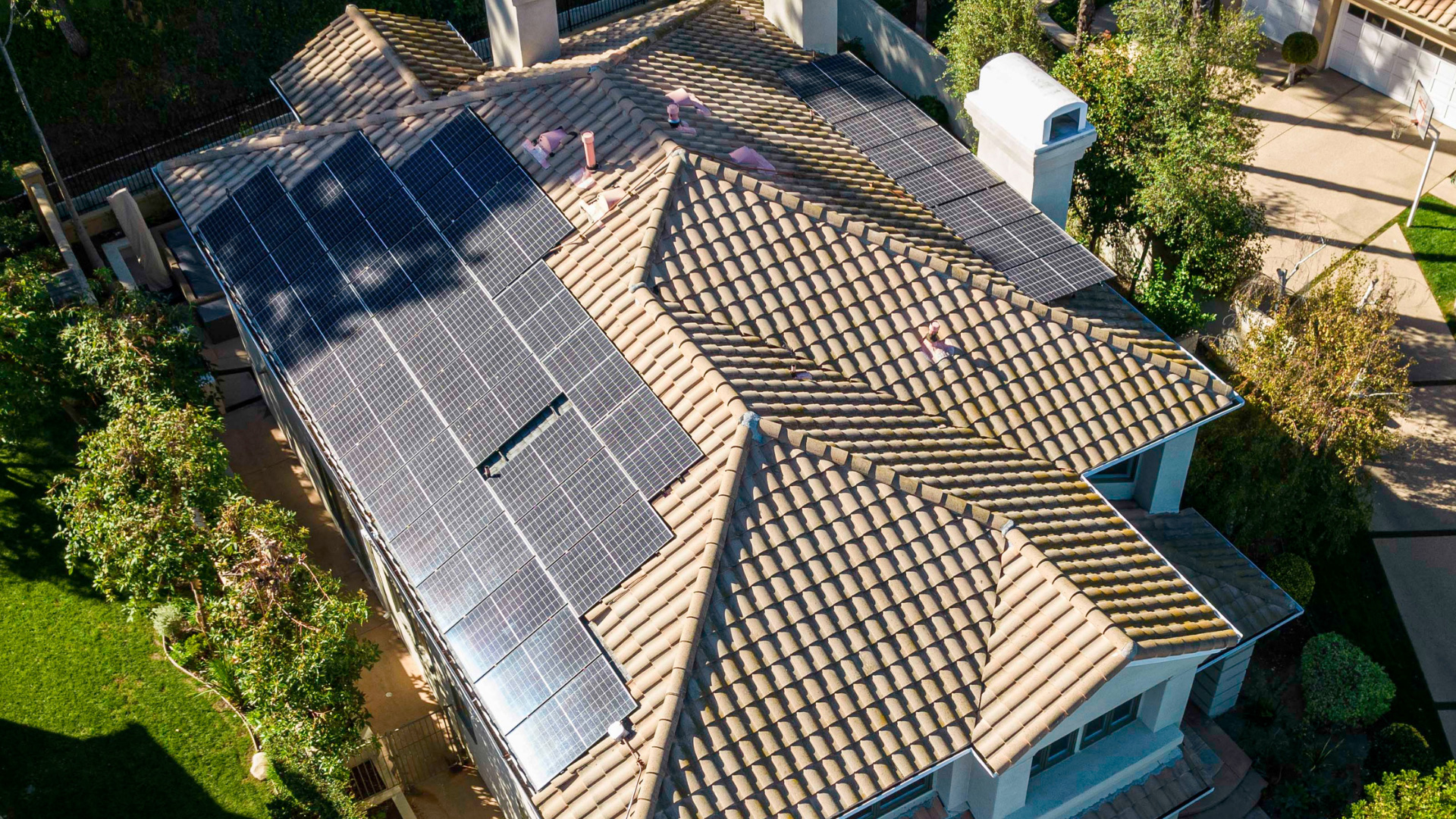Deciding to purchase solar panels requires careful consideration of your finances, lifestyle, and energy goals. While leasing and buying both have potential benefits depending on your needs, some differences will determine which option is best for you.
This guide will walk you through the options in each scenario to help you determine which option is the right one for you.
Key Differences of Leasing vs. Buying Solar Panels
Buying Solar Panels
When you buy solar panels, you make a large financial investment upfront. You also need to factor in installation costs and other related expenses. After that, the energy from your solar system is free since you own it outright and don’t have to pay for power from the utility company.
Buying solar panels can be a costly investment, but it can also be very rewarding. Buying your system makes you eligible for tax rebates, incentives, and long-term savings through lower energy bills. In addition, homeowners may qualify for generous tax credits when they purchase their solar power systems.
However, the initial investment in solar panels can be expensive and may deter some homeowners from making the transition.
Leasing Solar Panels
When you lease solar panels, you are not responsible for the costs associated with equipment and installation. Instead, a third-party provider will be responsible for those costs. The provider also takes ownership of the solar panels and typically offers a predetermined rate for the energy they produce.
Leasing solar panels can be an attractive option for those unable to make a large investment in equipment upfront. It also eliminates many maintenance and repair costs of owning solar panels.
There are some downsides to leasing solar panels. You will not own the system, and any additional savings you receive from energy production will go back to the provider. Also, you may end up paying more over time as prices for energy produced by leased systems can be higher than those of owned systems. Most lease terms will require monthly payments that range between $50 to $250 throughout the duration of the lease.
When is buying the best option?
Buying is often the best option when you have the funds. It’s usually more cost-effective in the long run, as it provides access to better quality items and materials that may not be available at your current budget. Owning an item outright can help avoid surprise costs down the line due to repairs or replacements.
When is leasing the best option?
Leasing is ideal for those looking to begin their journey into solar power without a large upfront investment. Leased equipment often comes with flexible payment plans and maintenance services that reduce long-term costs associated with ownership.
Let Us Guide You
Leasing vs buying solar panels can be a difficult choice to make. Solar Optimum provides expert advice tailored to each individual’s needs, offering both options to choose the one that best suits your budget and lifestyle. Contact us today for more information on how we can help you make the best decision for your solar energy needs.
